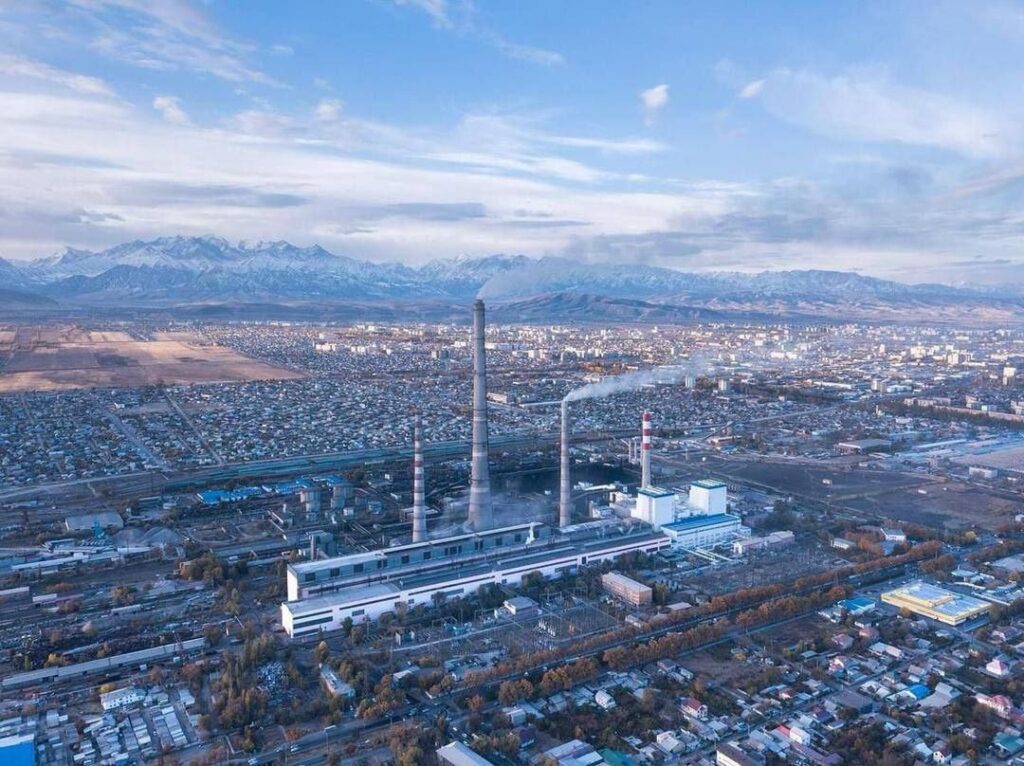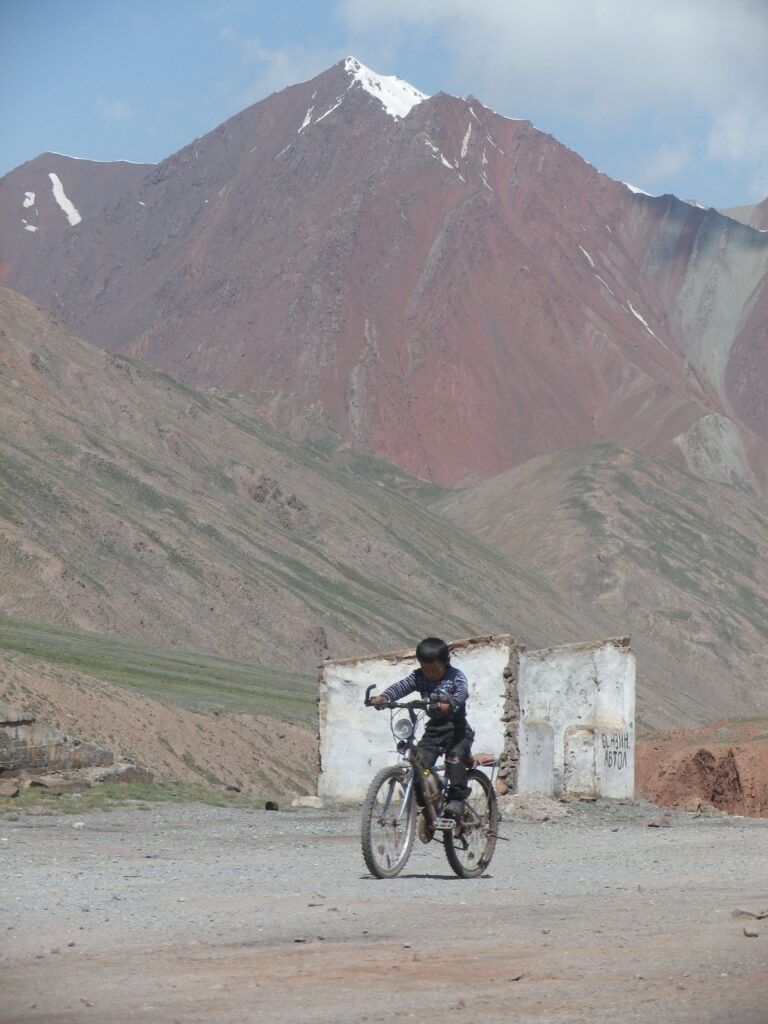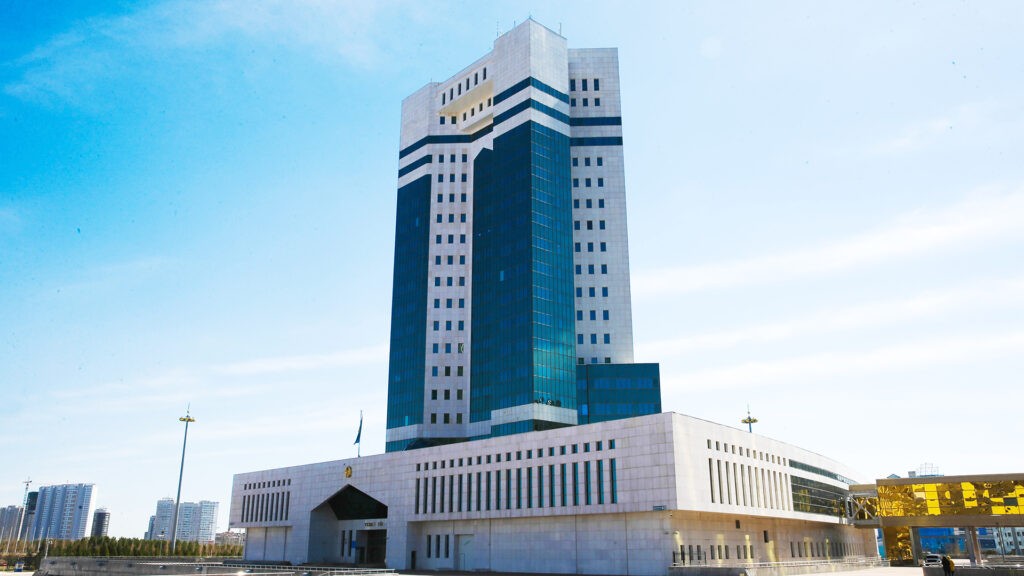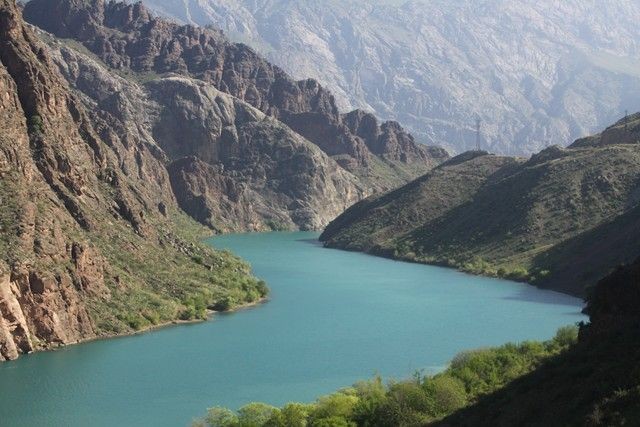Uzbekistan Ranks First in Central Asia in Number of Marriages and Last in Divorces
The Commonwealth of Independent States (CIS) Interstate Statistical Committee has published its compendium for 2022 on its website. Getting acquainted with the statistics of marriages and divorces of the collection, one sees that in 2022, there were 8.4 marriages and 1.4 divorces for every 1,000 people in Uzbekistan. The marriage indicator is 6.5 in Kazakhstan, and there were 2.3 divorces per 1,000; in Kyrgyzstan the data indicates 7.0 marriages and 1.8 divorces. Also of note was data on the intensity of internal migration, with Kazakhstan leading in this category with 41.3 per 1,000 people moving internally in 2022. In Kyrgyzstan and Uzbekistan, the indicator was 6.0, respectively. Tajikistan's data for 2021-2022 is not provided; the country showed 3.7 results per 1,000 people for 2020. At the same time, the State Statistics Committee of Uzbekistan reports that in 2023, there were 283,800 marriages and 49,200 divorces in the nation. In Kazakhstan, 90,300 marriages were registered between January and September of 2023, an 8.1% decrease from the same period in 2022. Based on the data that was submitted, there were 12,400 divorces in the first nine months of last year, and also an 8.1% decrease in divorces year-on-year. In Kyrgyzstan, 12,552 couples filed for divorce in 2023, while 45,495 marriages were registered before the law. Statistics for Tajikistan in 2021 (data for 2022 isn't yet available) showed that there were 7.6 marriages and 1.4 divorces per thousand. In 2023, 76,444 marriages and 10,298 divorces were officially registered. The statistical collection also includes data on these nations' populations, rates of illness and disability, educational attainment and cultural practices, economic activity, the material and housing circumstances of the populace, the environment, and crime.








